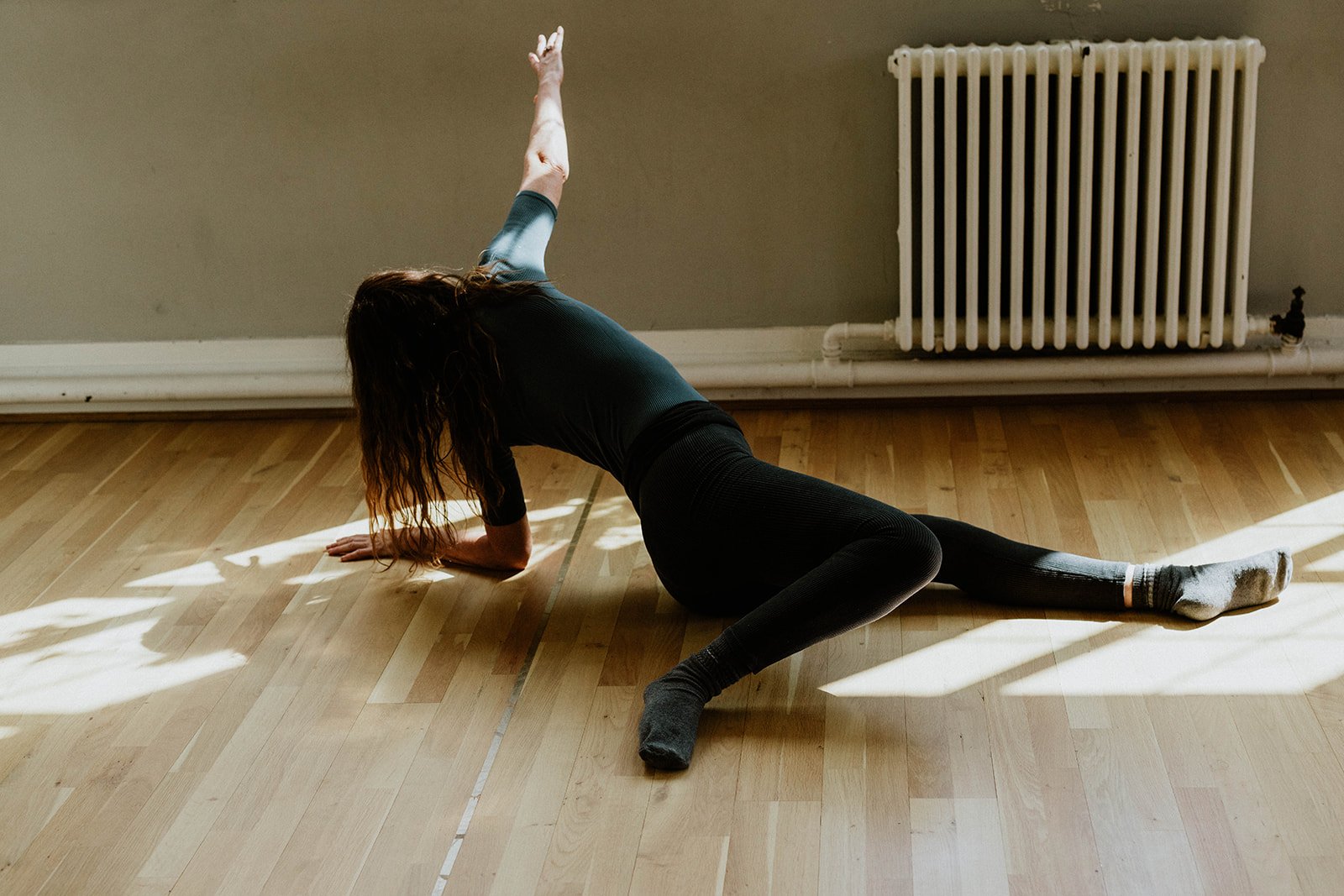
Befriending Your Nervous System - Somatic Practice, Trauma Sensitive Teaching and Nervous System Regulation
"Change is quite literally a somatic experience.” Christine Caldwell Phd
Befriending Your Nervous System - Course Essentials
AT A GLANCE
Live-streamed Online Training
Group Size: 12
40 Hours: 30 live contact hours online plus pre-recorded practice and home study. There is a required reading component, and a short essay to craft and submit.
For: Yoga, Meditation & Movement Teachers
Accredited by Yoga Alliance 40 CPD hours
Prerequisites for yoga teachers: 200h YTT and 2 years teaching experience
Cost: £449
Payment Plans are available, see the application form below
Scholarships: One full scholarship is available fo work exchange, and one discounted place is available for financial need
DATES & TIMES
This training takes place over 3 weekends.
Thursday & Friday 6-8pm UK / 7-9pm Spain
Saturday & Sunday 10.30am-1pm UK / 11.30am-2pm Spain
2022 dates TBC, please register your interest below.
This training is largely experiential with lots of practice and exploration, teaching practice, group feedback and inquiry. Jo will teach 70% of this training and visiting presenters specialised in their fields of trauma therapy, somatic experiencing and chronic pain will also be a part of this training.
Training Overview
Trauma is a word that can make many people feel uncomfortable and yet it’s an unavoidable part of the human experience. When the human organism experiences a situation that is overwhelming (not always but often) it downloads and stores that experience unprocessed.
Our response to that experience can cause fragmentation, contraction and a dis-regulation of our nervous system (i.e. panic attacks, depression, auto-immune disease, relationship issues). It is incredibly common to have a sense of being totally checked out from our bodies and experience it as an unsafe place to be.
Embodiment practices are now increasingly recognised as being an effective way to deal with developmental and experiential trauma. For this reason we often hear the words somatic and trauma coupled together. Somatic practices have the potential to change our physiology, re-calibrating our nervous systems, re- establishing elasticity, appropriate responsiveness, and importantly shift and open new neurological pathways.
Somatic practices consistently remind us that trauma is not who and what we are and that we are intricately and wonderfully wired to overcome and integrate the fragmentation that trauma causes, back into an experience of whole being.
Specific Focus and Learning Outcomes
You may be reading this and thinking great I do yoga and I meditate so I am doing the work! and yet these practices can be places that we commonly and habitually disassociate in order to not feel. You may have experienced students disengaging becoming overwhelmed, or being triggered by your use of language and you have felt unsure of how to support them.
As teachers we are skilled at focusing our energy on supporting others and not giving enough time to our personal process and self healing and yet we are to provide a safe and co-regulating environment for our students we need to be doing the deep work too.
What does a trauma sensitive approach to yoga and meditation teaching look like?
What does a trauma aware and nervous system aware practice feel like?
Trauma responds to gentleness, and a patient, honest and caring approach where lots of choice, resources and autonomy are given from the start. Becoming trauma informed from the ground of your own practice and how we articulate and refine our sharing of that is what we explore during this training.
What is trauma.
How trauma shows up in the yoga and meditation space
Refining language and holding space.
Resourcing, titration and pendulation within yoga and meditation practice.
The nervous system, fight, flight, freeze.
Poly Vagal theory in theory and practice.
Self regulation and co-regulation in teaching.
The pandemic as a nervous system threat and what you and your students may experience during and post-pandemic.
Somatic practices, including movement, sound, breath and self touch.
Developing a repertoire of nurturing, mobilising and resilience building practices.
Teaching practice in group.
Support Manual and suggested inquiries post training.
“It was when I stopped searching for home within others and lifted the foundations of home within myself I found there were no roots more intimate than those between a mind and body that have decided to be whole” - Rupa Kaur
